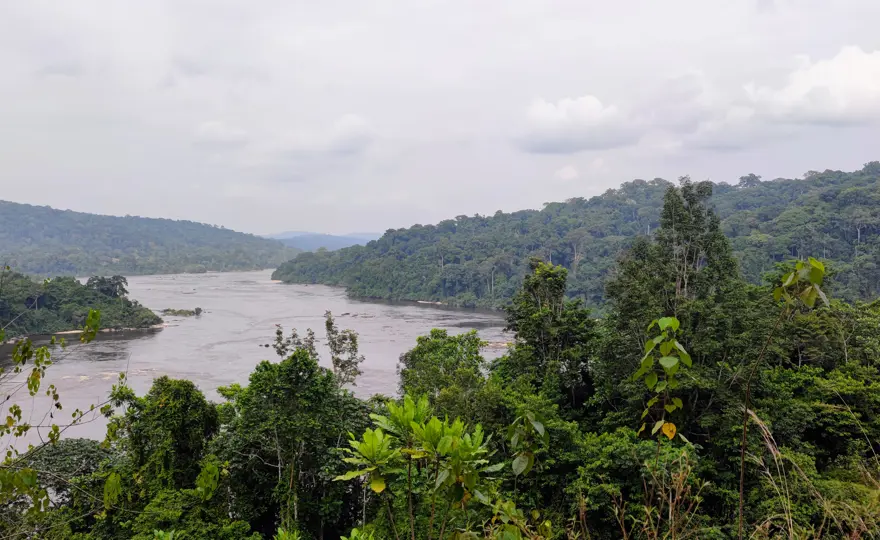ClientEarth Communications
17th January 2022


We need strong laws to protect our forests, which means ensuring those that are most likely to be impacted by them play a part in their creation.
The full range of stakeholders must have a voice in the law-making process, including, amongst others, forest and indigenous communities, civil society, and the private sector.
ClientEarth and the FAO-EU Forest Law Enforcement, Governance and Trade (FLEGT) Programme have published a policy briefing sharing lessons from nine Programme-funded projects in Africa and Asia that put public participation at the centre of legal reforms addressing illegal logging and forest mismanagement.
“Giving people a voice not only brings vital on-the-ground perspectives, but it can also prevent inadvertent discrimination against the communities that rely on forests for their livelihoods,” said ClientEarth lawyer Laura Dowley.
“When people are involved in creating laws, they have ownership over them, resulting in much greater likelihood that those laws will succeed in protecting forests, while providing economic and social benefits to the people who inhabit them.
“It’s therefore vital that efforts to strengthen forestry laws encourage broad participation from all affected communities and industry.”
The briefing sets out ways of achieving effective participation, including providing technical and financial support to marginalised groups and those most at risk of being excluded from the discussions to ensure they have a seat at the table.
It noted that reforms in Myanmar were negatively impacted by the limited involvement of communities most at risk of illegal logging, who were unable to participate in the programme due to ongoing unrest in some areas of the country.
The report also highlighted the importance of providing support to ensure stakeholders understand the content and potential impacts of legislation, particularly those unfamiliar with legal texts or jargon, in order for them to be able to provide their input.
According to the report, legal consultation processes should include stakeholders championing different interests, experiences and knowledge. This means not only ensuring the participation of actors from different sectors - civil society, affected communities, private sector, and local and national government - but recognising that actors within a sector may have different views.
In Côte d’Ivoire, for example, low levels of engagement from private sector actors involved in forest-risk commodities such as cocoa and coffee meant that the range of industry perspectives was limited to the timber operators, despite the prevalence of agriculture in the region.
Giving people a voice not only brings vital on-the-ground perspectives, but it can also prevent inadvertent discrimination against the communities that rely on forests for their livelihoods. - ClientEarth lawyer Laura Dowley.
Other measures suggested to make the consultation process more inclusive included providing sufficient time for stakeholders to digest legislative proposals, offering several avenues for feedback, such as in person meetings, email, or phone, and tailoring consultations to suit the needs of stakeholders.
For example, it may be appropriate for women or youth or be consulted separately so that they feel comfortable expressing their opinions freely.
The briefing also recommends decision makers across the political spectrum be involved from the early stages of consultation processes, to ensure regulations are agreed on and pushed through the legislative processes without unnecessary delays.
Finally, it stressed that the inclusion of groups that are traditionally side-lined from policy decisions can act as a catalyst for new, more inclusive standards for future legislative reforms to tackle illegal logging, ultimately contributing to sustainable forest management.